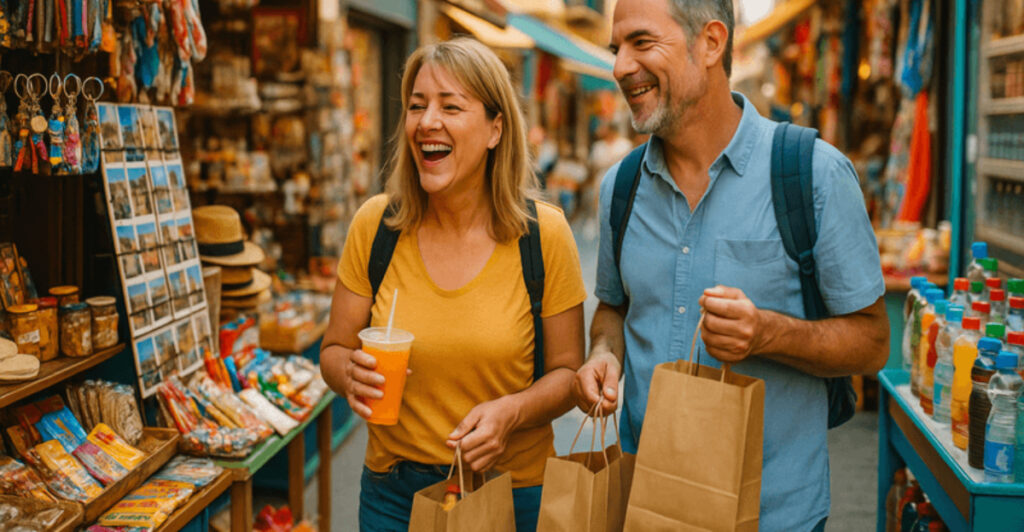Walking through airport gift shops, it’s easy to get caught up in buying keychains, magnets, and trinkets that promise to capture your amazing vacation memories. But here’s the truth most travelers learn too late: those cute souvenirs usually end up forgotten in drawers or gathering dust on shelves. Instead of wasting money on items you’ll rarely look at again, there are much better ways to remember your trips and spend your hard-earned vacation budget.
1. Mass-Produced Items Lack Authentic Value
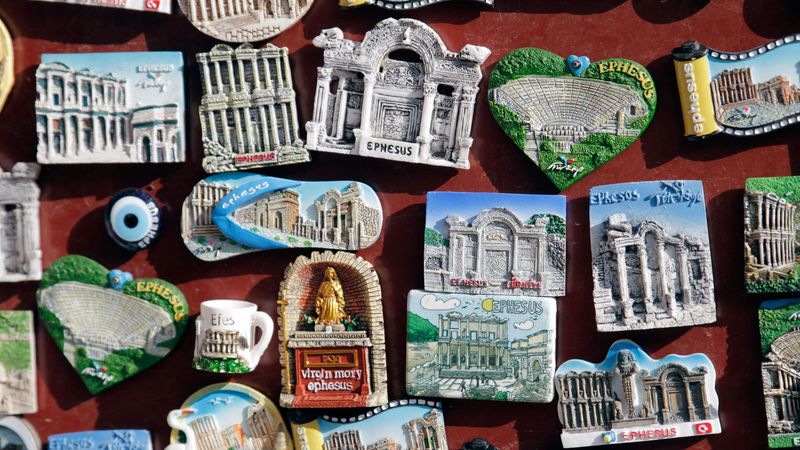
That “handmade” pottery from Greece probably rolled off a factory line in China. Most tourist shops sell identical items that have nothing to do with local culture or craftsmanship.
Real authentic pieces cost significantly more and are found in artist studios, not crowded souvenir stands. The cheap alternatives fool nobody and represent nothing meaningful about your destination.
When you buy mass-produced trinkets, you’re essentially paying premium prices for items you could find at any discount store back home, just with different words printed on them.
2. Dust Accumulation Becomes a Real Problem
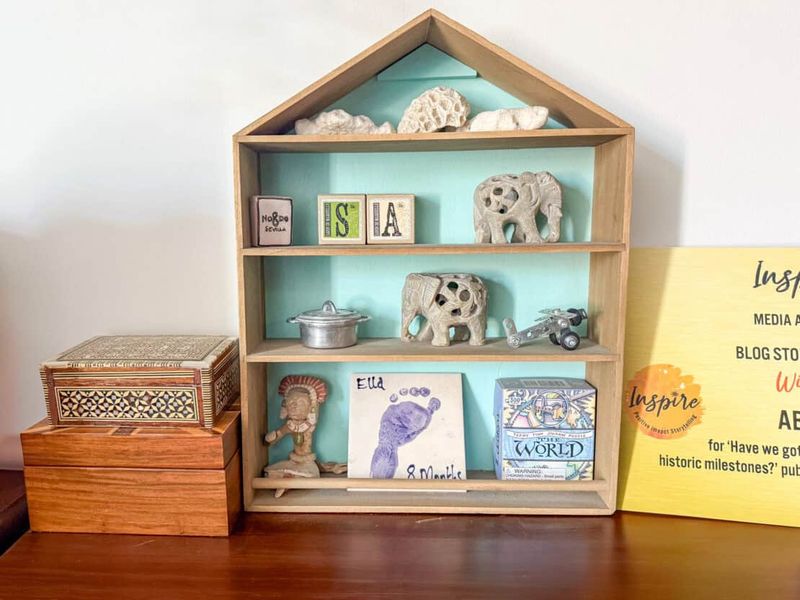
Remember that excitement when you first placed your new souvenir on the shelf? Fast forward six months, and it’s buried under a layer of dust, forgotten among other random objects.
Small decorative items are dust magnets that require constant cleaning. They create visual clutter without adding any real beauty or function to your living space.
Most people eventually move these items to storage boxes or donate them because they become more work than joy. Your cleaning routine shouldn’t revolve around maintaining vacation impulse purchases.
3. Budget Drain Adds Up Quickly
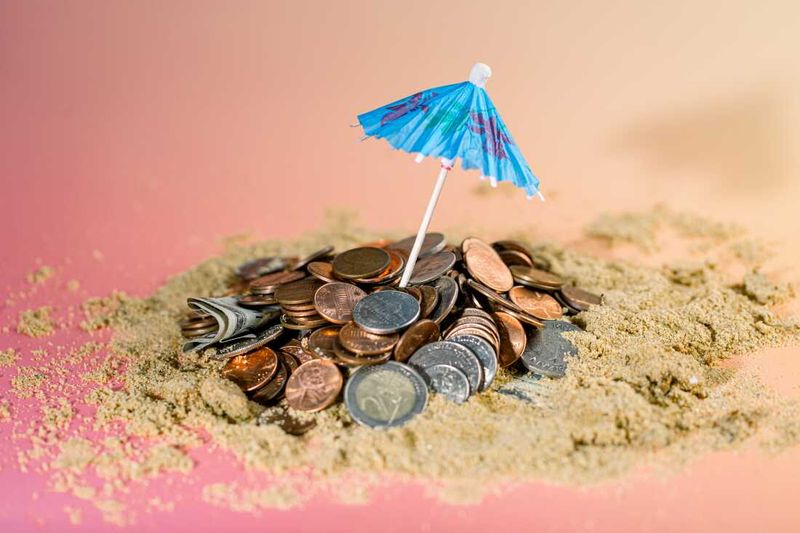
Five dollars here, ten dollars there – souvenir spending feels harmless until you calculate the total. Many travelers spend hundreds on trinkets during a single trip without realizing it.
Tourist areas deliberately overprice these items because they know visitors are in vacation spending mode. You’re paying tourist taxes on items worth pennies to manufacture.
That money could fund an extra day of vacation, a nice dinner, or a memorable experience that actually enhances your trip instead of cluttering your suitcase with regrettable purchases.
4. Packing Nightmares and Broken Dreams
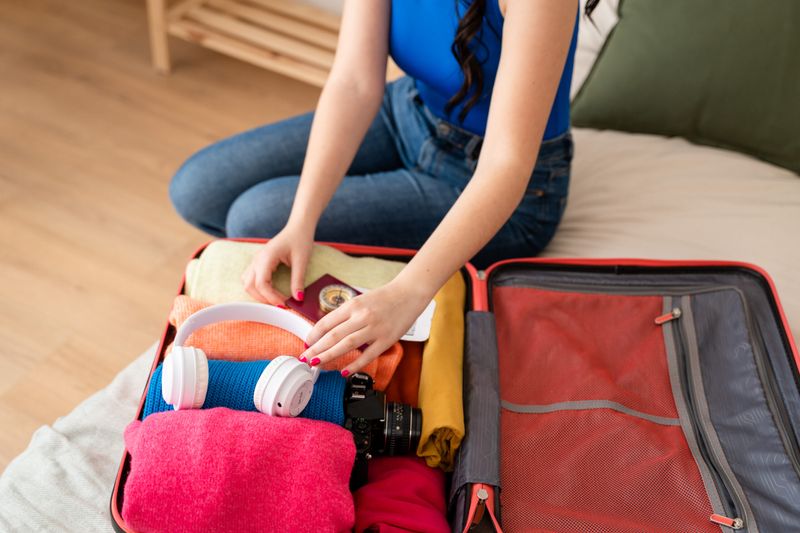
Fragile souvenirs turn packing into a stressful puzzle game. You’ll spend precious vacation time wrapping items in dirty clothes, praying they survive the journey home.
Airport security might require unpacking everything, and baggage handlers aren’t gentle with your carefully wrapped treasures. Broken souvenirs are heartbreaking and worthless.
Heavy or bulky items eat up luggage space you need for essentials. Many travelers end up buying extra bags or paying overweight fees just to transport their souvenir haul back home.
5. Objects Cannot Capture True Memories
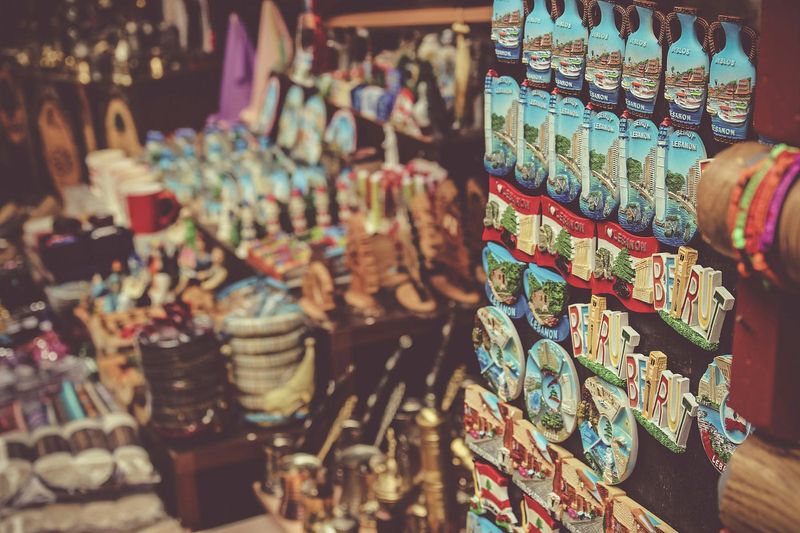
No snow globe can recreate the feeling of watching sunrise over Machu Picchu or the taste of fresh pasta in a Roman alley. Physical objects are poor substitutes for genuine experiences.
Your brain stores memories through emotions, senses, and stories – not through looking at mass-produced trinkets. The connection between object and memory often feels forced and artificial.
Real memories live in your mind and heart. They resurface through photos, smells, music, or conversations with fellow travelers, not from glancing at dusty shelf decorations.
6. Collection Overflow Creates Storage Issues
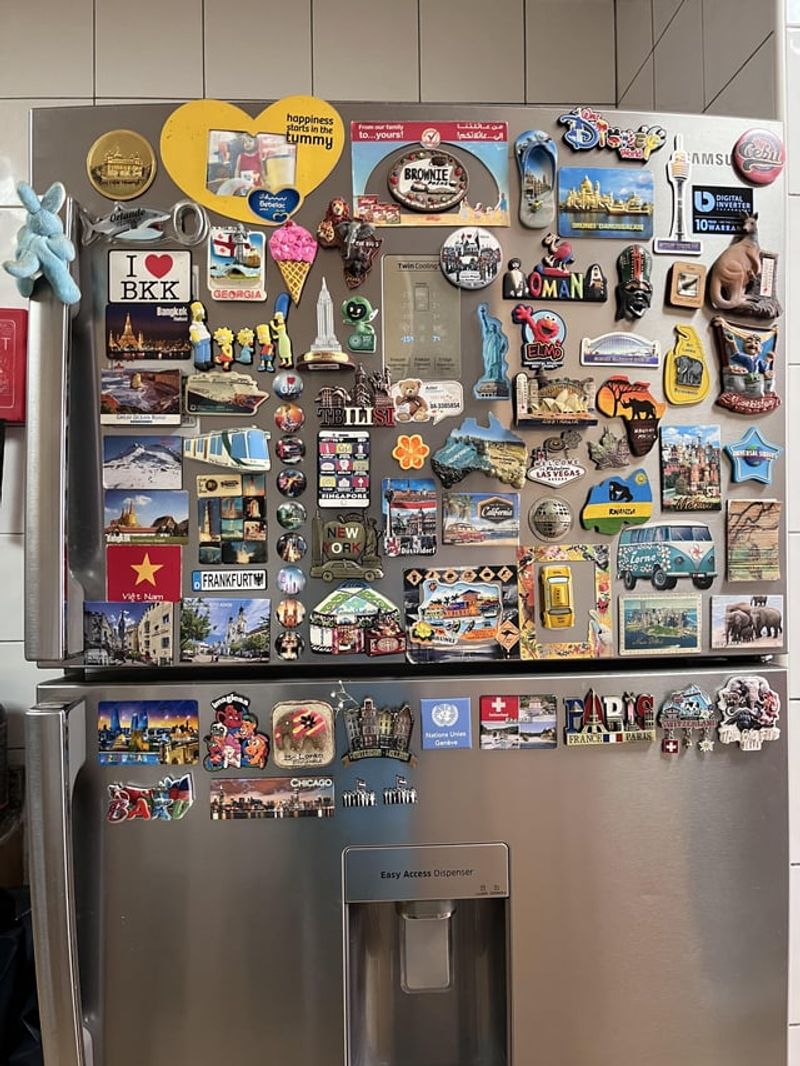
Your refrigerator door can only hold so many magnets before it looks like a chaotic mess. Shot glass collections quickly outgrow cabinet space and serve no practical purpose.
Multiple trips mean multiplying trinkets until your home resembles a tourist shop rather than a comfortable living space. Collections become obligations rather than joys.
Friends and family stop appreciating new additions to your ever-growing souvenir collection. What once seemed charming now appears obsessive and cluttered to visitors who just want to find a clean surface.
7. Generic Gifts Disappoint Recipients
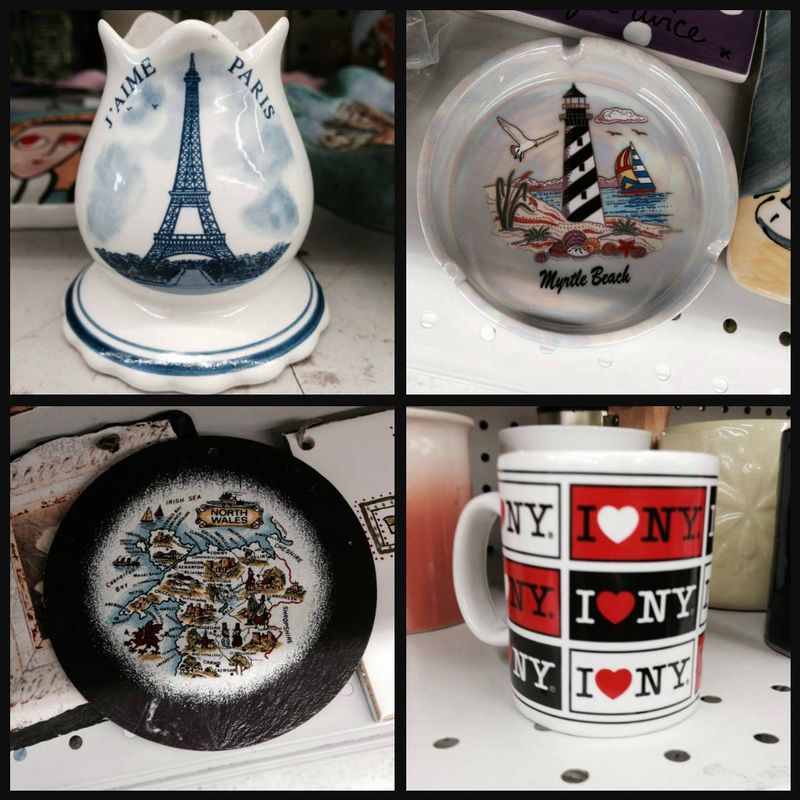
Another “I Love Paris” t-shirt joins the pile of unworn tourist clothing in someone’s drawer. Generic souvenirs show little thought or consideration for the recipient’s actual interests.
Sizing is always wrong, colors clash with personal style, and the novelty wears off immediately. These gifts often get regifted or donated without ever being used.
People appreciate thoughtful gestures more than obligatory tourist trinkets. A heartfelt postcard or sharing travel stories creates stronger connections than handing over mass-produced items that scream “I felt obligated to bring you something.”
8. Impulse Purchases Lead to Buyer’s Remorse
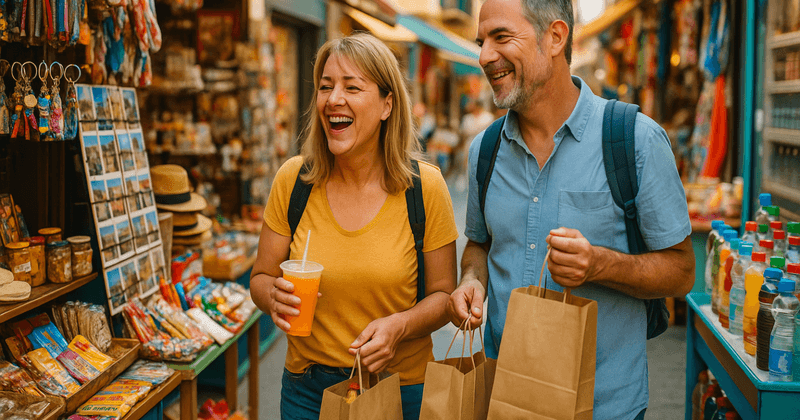
Souvenir shops are strategically designed to trigger emotional spending when you’re in vacation euphoria mode. Bright displays and “limited time” pressure tactics work on relaxed tourists.
Once you’re home and back to normal routine, that “must-have” item looks completely different. The magic was in the moment and location, not the object itself.
Most people can recall multiple souvenir purchases they immediately regretted. The excitement of buying something special quickly transforms into embarrassment about wasting money on obvious tourist traps.
9. Experiences Provide Lasting Value
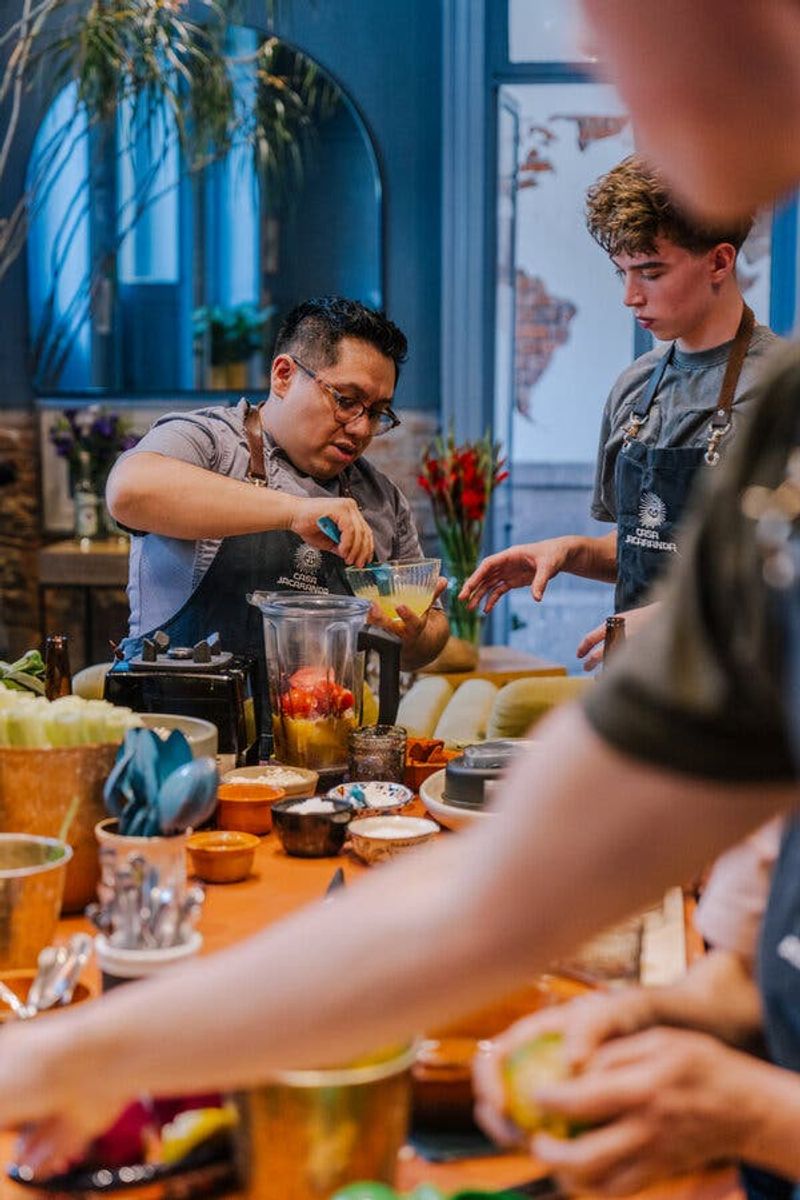
A cooking class teaches skills you’ll use for years while connecting you with local culture in meaningful ways. These experiences become stories you’ll share repeatedly with friends and family.
Museum visits, guided tours, or adventure activities create rich memories that grow more valuable over time. You gain knowledge, skills, and perspectives that enhance your life permanently.
Money spent on experiences pays dividends through personal growth, cultural understanding, and genuine connections. Unlike objects, experiences become part of who you are rather than things you own.
10. Photos and Stories Never Break
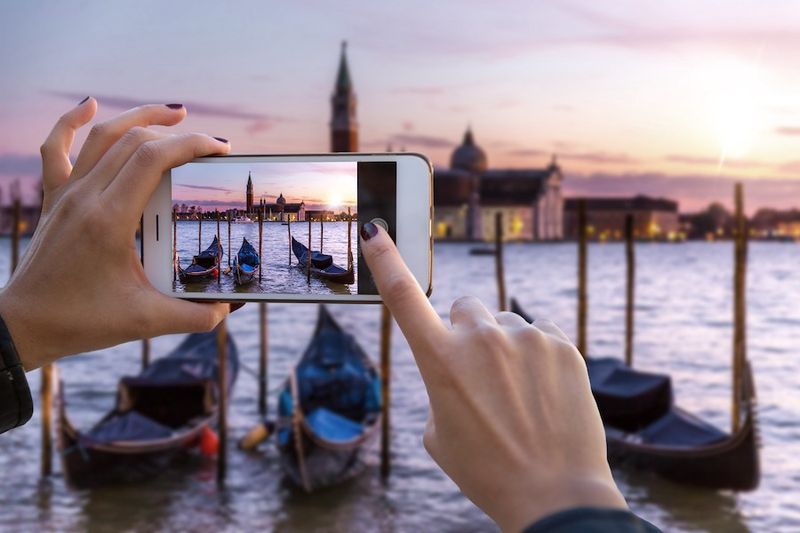
Your smartphone holds thousands of high-quality photos that capture genuine moments better than any manufactured souvenir. These images cost nothing extra and take up no physical space.
Digital memories are easily shared, backed up, and organized. You can create beautiful photo books or displays without cluttering your living space with random trinkets.
Stories from your adventures become more entertaining and meaningful over time. Friends prefer hearing about your zip-lining adventure or funny cultural mishaps rather than examining your latest keychain acquisition.
11. Local Artisan Support Makes Real Impact
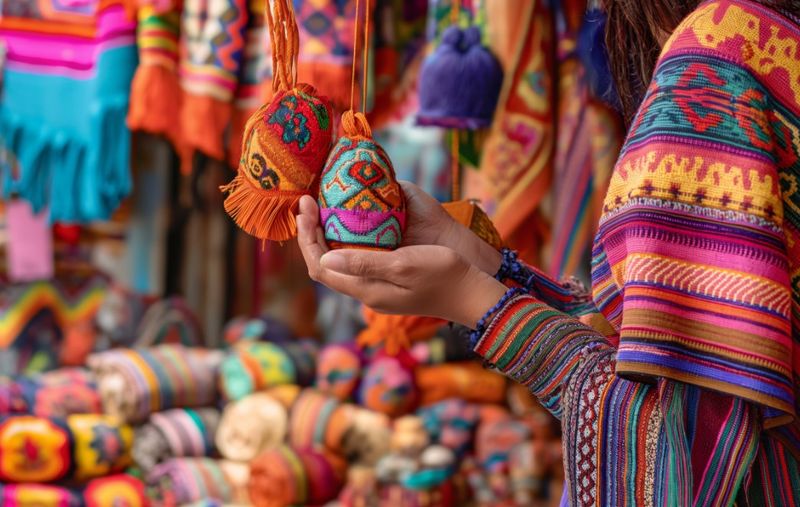
Buying directly from artists and craftspeople supports local families and preserves traditional skills. Your purchase helps maintain cultural heritage rather than feeding corporate tourist traps.
Authentic handmade items have character, quality, and stories behind them. Meeting the creator adds personal connection and meaning that mass-produced items can never provide.
These purchases often become treasured possessions because of their authenticity and the relationships formed during buying. Supporting local artisans creates positive economic impact in communities you visit.
12. Consumable Souvenirs Offer Practical Joy
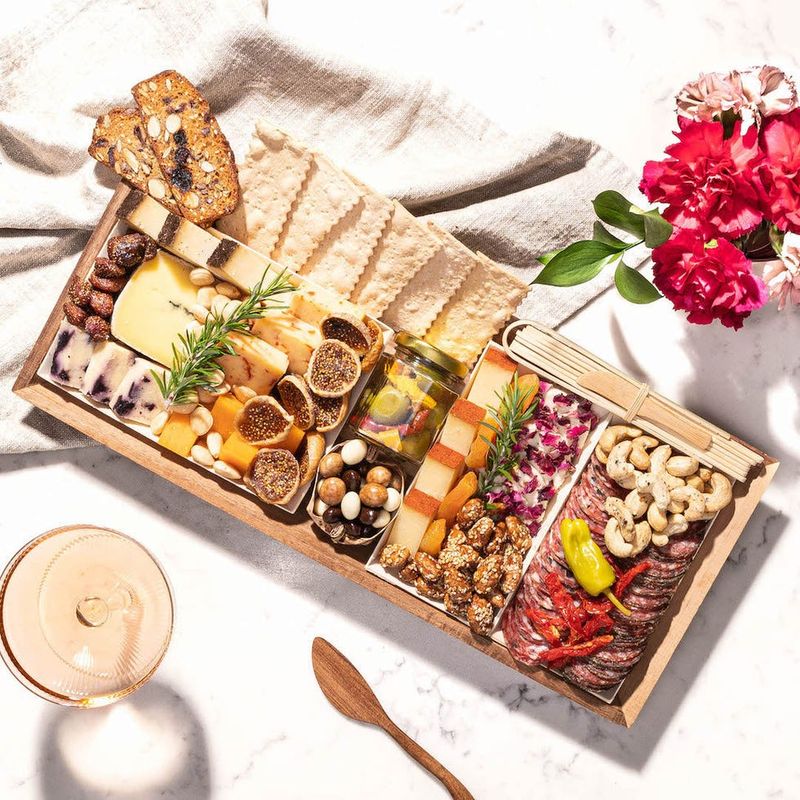
Local spices, teas, or specialty foods let you recreate travel flavors at home while sharing them with friends and family. These souvenirs serve practical purposes and create ongoing enjoyment.
Consumable items don’t create clutter because they’re used up over time. Each use brings back travel memories naturally without requiring dedicated display space.
Food souvenirs often spark conversations and recipe sharing, extending your travel experience into social situations. They’re typically lighter to pack and less likely to break during transport than decorative items.
13. Ephemeral Mementos Hold Deep Meaning
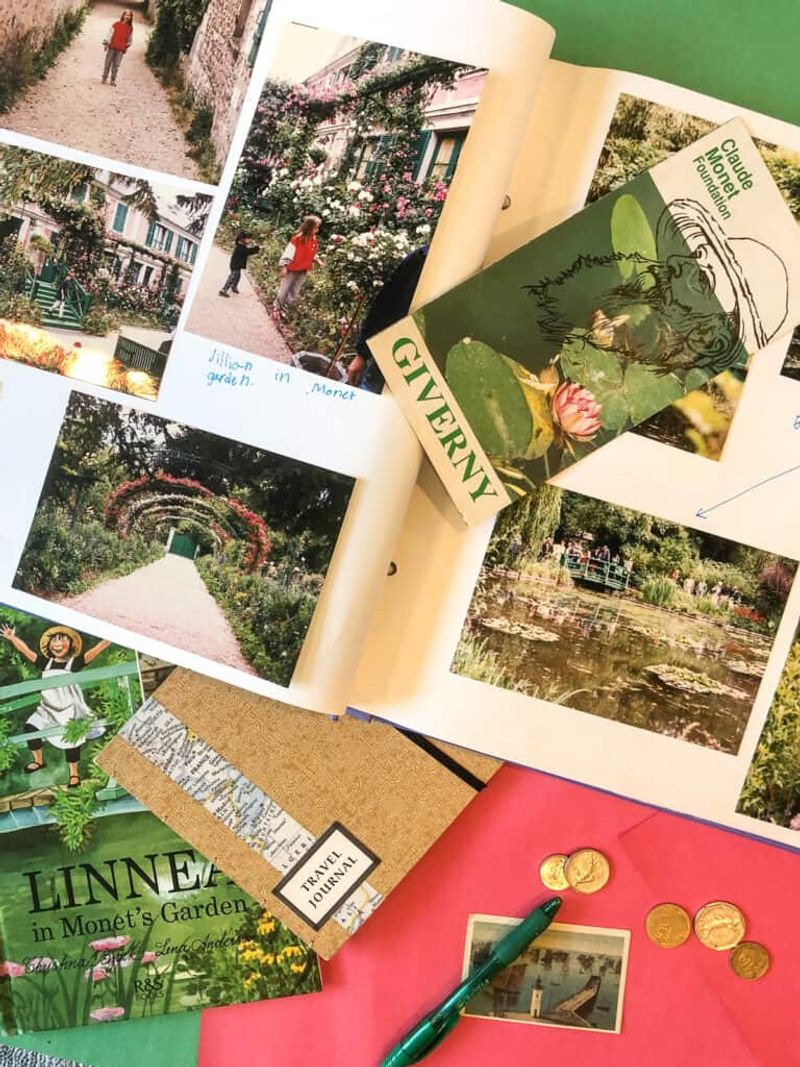
Ticket stubs, maps, brochures, and pressed flowers create meaningful scrapbooks without expensive purchases. These free or low-cost items often hold more emotional value than expensive trinkets.
Creating travel journals with these collected items becomes a creative project that extends your vacation enjoyment. The process of organizing and documenting memories is therapeutic and rewarding.
These lightweight mementos are easy to transport and store. They tell the story of your actual experiences rather than generic tourist activities, making them uniquely personal and irreplaceable.
14. Mindful Purchasing Prevents Regret
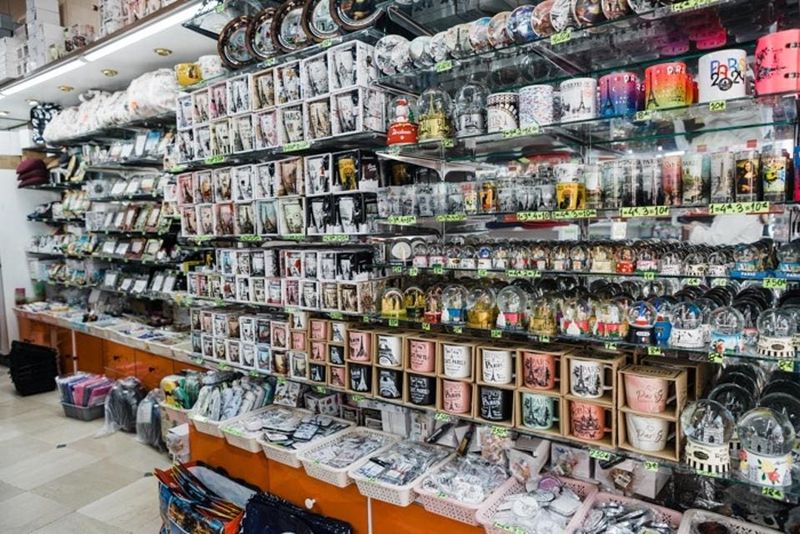
Setting a souvenir budget before traveling helps avoid impulse spending and forces you to choose carefully. This constraint often leads to better, more meaningful purchases.
Ask yourself if you’ll still want the item in five years and where you’ll put it at home. Most souvenirs fail this simple test, saving you money and future regret.
Waiting 24 hours before buying anything expensive gives your rational mind time to override vacation euphoria. Many “must-have” items lose their appeal once you sleep on the decision and think clearly.

